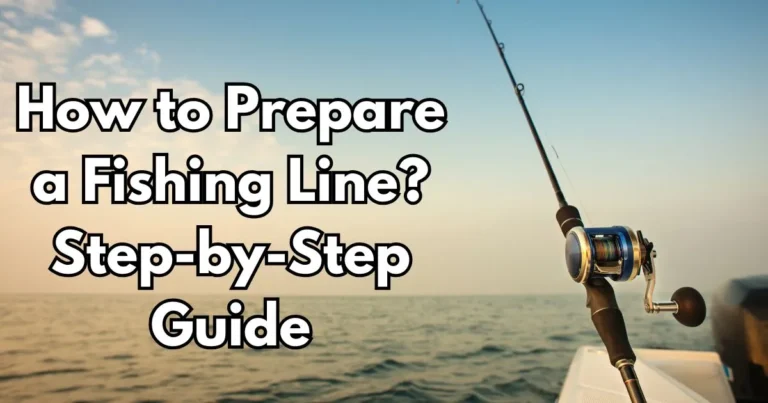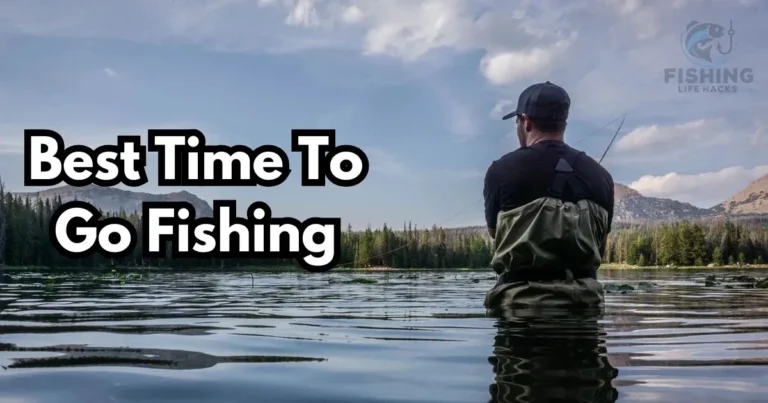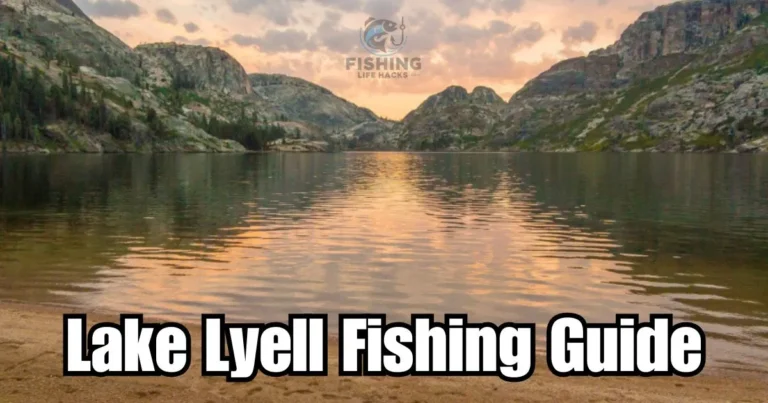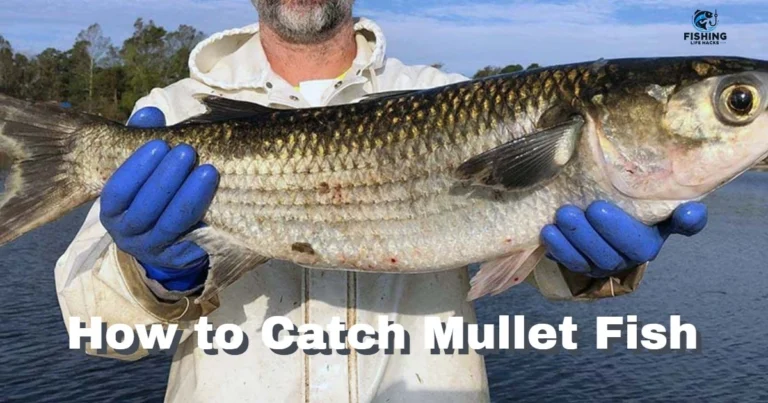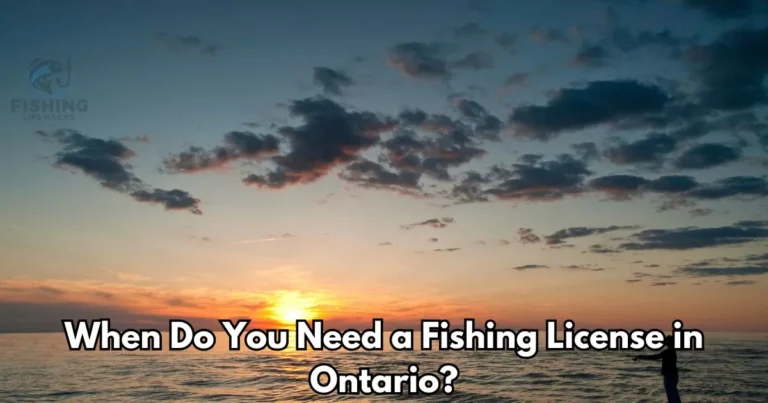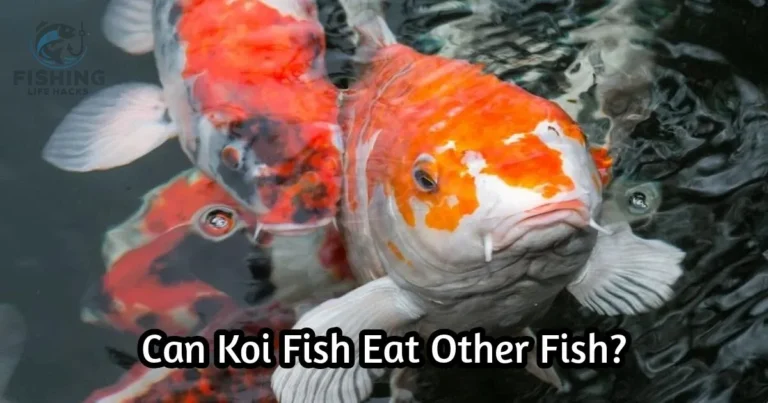Is Magnet Fishing Legal in Wisconsin? Complete Guide
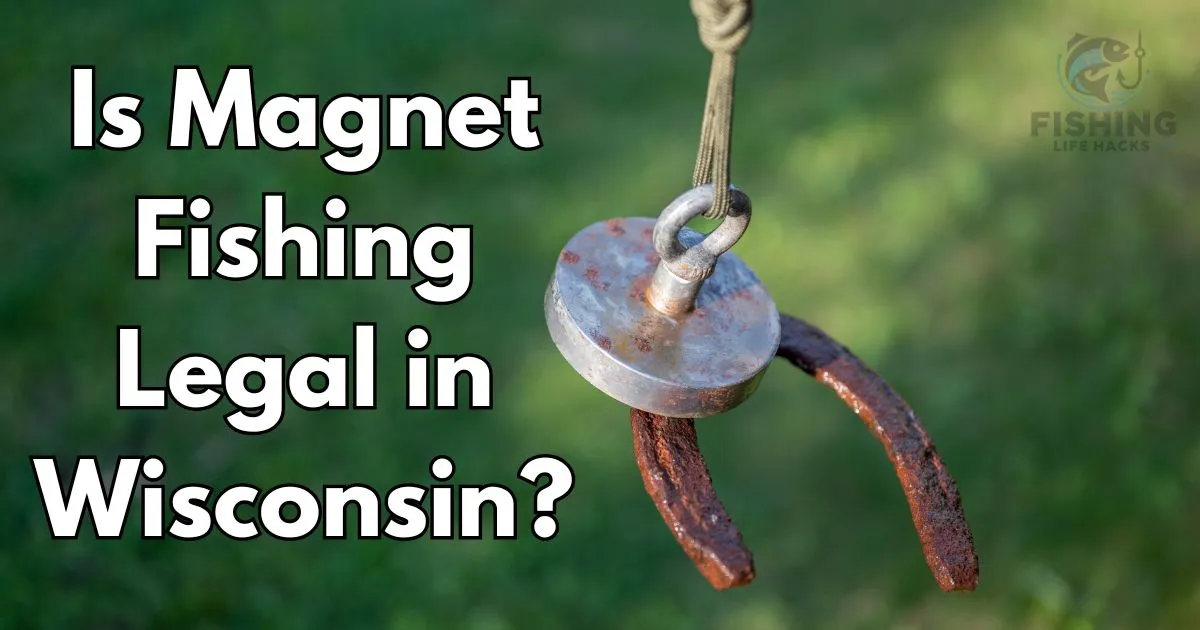
Magnet fishing has become quite the popular hobby in recent years. Combining a love for the outdoors with the thrill of potentially discovering lost treasure, magnet fishing attracts many enthusiasts. But before you head to your local river or lake with your magnet, you might be wondering: Is magnet fishing legal in Wisconsin?
The short answer is yes, magnet fishing legal in Wisconsin, but there are important rules and regulations you need to follow to ensure you’re doing it safely and legally. In this article, we’ll break down everything you need to know about the legality of magnet fishing in the Badger State, how to do it responsibly, and the environmental considerations that come with it.
What is Magnet Fishing?
Magnet fishing involves using a strong magnet attached to a rope to “fish” for metal objects in bodies of water like lakes, rivers, and canals. The magnet is thrown into the water, and as it is pulled back in, any ferrous (iron-based) objects stuck to it are pulled out of the water. Some people magnet fish to find treasure, while others may do it for environmental reasons, like cleaning up discarded metal debris from water sources.
Is Magnet Fishing Legal in Wisconsin?
Yes, magnet fishing is legal in Wisconsin but there are regulations that you must follow. Wisconsin has laws regarding fishing, wildlife protection, and property ownership that may affect how you can magnet fish in different areas of the state.
State Laws and Regulations
While magnet fishing itself isn’t banned in Wisconsin, there are several considerations you must be aware of:
- Public vs. Private Property: If you’re magnet fishing in a public waterway, like a river or lake, you generally have the right to do so. However, you should be cautious when fishing near private property or areas with restricted access. Always make sure that the waterway you are magnet fishing in is public or that you have permission to fish in private locations.
- Safety and Environmental Regulations: Wisconsin’s Department of Natural Resources (DNR) enforces various safety and environmental regulations on its waters. While magnet fishing itself doesn’t typically interfere with wildlife, there are rules about how you handle what you pull up. For example, you should not leave any hazardous materials (like sharp metal objects or trash) behind after your magnet fishing outing.
- Avoiding Archaeological Sites: Wisconsin has a rich history, and there are archaeological sites that may contain relics or artifacts that are protected by law. It’s illegal to disturb these sites, and this includes any metal artifacts that could be considered part of Wisconsin’s historical or cultural heritage. If you find an item that seems like it might be of historical value, it’s best to leave it alone and report it to the proper authorities.
- Fishing Licenses: While you don’t need a fishing license to magnet fish, if you intend to use the magnet to collect anything beyond just metal objects (such as fishing gear or fishing tackle), you may need a special permit or license. Always check with local authorities if you’re uncertain.
Rules on Discarded Property
Another important consideration is what you do with the items you pull up. While magnet fishing is legal, taking items from the water may sometimes be considered theft if the items are not abandoned or belong to someone else. It’s important to note that anything you find on or under public property still belongs to the public, so taking it for personal use may be subject to laws about lost and found property. Always use good judgment and be aware of what you’re allowed to take home with you.
Best Practices for Magnet Fishing in Wisconsin
If you’re looking to magnet fish in Wisconsin, it’s important to follow a few key practices to ensure you’re staying within the law and respecting the environment.
- Get Permission: Always ask for permission to magnet fish in private areas. This includes both private landowners along the waterway and any parks or preserves where access may be restricted.
- Follow Local Guidelines: Local municipalities or counties may have additional rules about magnet fishing in specific areas. Before you start fishing, check with the DNR or local government for any local ordinances.
- Be Mindful of Your Surroundings: Magnet fishing can pull up large and heavy objects. Always be cautious about your surroundings to avoid damaging the environment, property, or posing a safety hazard to yourself or others.
- Dispose of Hazardous Materials Properly: If you pull up trash or hazardous materials like old cans, rusted nails, or even old tools, make sure to dispose of them properly. There are often recycling programs or disposal facilities that can handle such materials.
- Respect Wildlife: While magnet fishing doesn’t directly harm animals, it can indirectly affect their habitat if you’re careless with the items you pull from the water. Always make sure the water remains clean and free from debris that could harm the environment.
- Leave It Better Than You Found It: Magnet fishing can be an excellent way to help clean up local water bodies. If you come across any trash or items that pose a hazard, take the time to remove them responsibly.
Environmental Impact of Magnet Fishing
While magnet fishing is an exciting way to explore underwater, it’s important to consider its potential environmental impact. Pulling up metal objects can damage aquatic ecosystems and disrupt the environment if done recklessly. The best way to minimize environmental harm is by following these steps:
- Do not disturb wildlife: Avoid magnet fishing in areas where wildlife, such as fish or turtles, are likely to be. Fish habitats should be left undisturbed.
- Remove any non-ferrous objects: Most magnets are designed to attract ferrous metals, but occasionally, you might pull up non-ferrous objects that could be harmful to the environment. Always dispose of these items properly.
- Be aware of water safety: Make sure your magnet fishing doesn’t interfere with boating or other water-based activities. Public safety should always be a priority.
Frequently Asked Question
Conclusion
Magnet fishing is legal in Wisconsin as long as you follow the relevant state and local regulations. Remember that while it’s a fun hobby and a great way to explore the history of the water you’re fishing, there are rules and best practices that should be followed to ensure a safe and enjoyable experience.If you’re considering taking up magnet fishing in Wisconsin, make sure you respect the environment, seek permission when needed, and always stay informed about any local rules or regulations that may apply to the waters you’re exploring.

